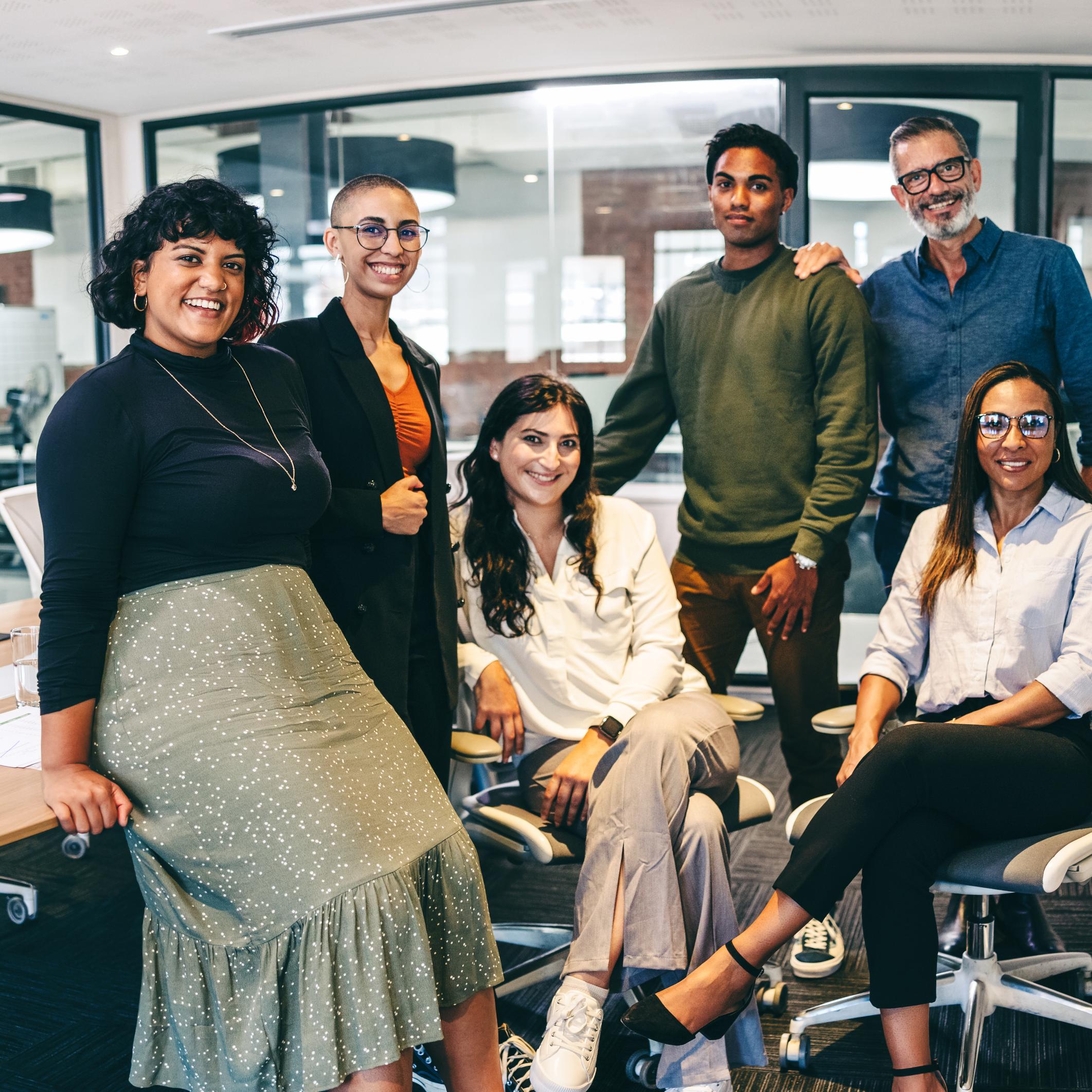What Guides Us


Equity is Not Equality

Equity is not equality. Equity requires developing, strengthening, and supporting policies and procedures that distribute and prioritize resources to people in identify groups who have historically been and currently are marginalized, including tribes.
Eliminate Barriers

Equity requires the elimination of systemic barriers that have been deeply entrenched in systems of inequality and oppression.
It's Not Zero Sum

Equity achieves procedural and outcome fairness, promoting dignity, honor, and respect for all people.
Our Commitment
Embracing equity requires us to identify, name, and dismantle institutional racism, economic injustice, and oppression. Racism, a construct of white supremacy, is used to marginalize and oppress people who are non-white/European as the ‘Other.’ The Washington State Office of Equity acknowledges that racism is ingrained in our history and deeply embedded in our institutions today, leading to the inequities we see across all sectors. We are committed to making anti-racism, anti-Blackness, and anti-poverty work primary focus areas as we also challenge and seek to undo discrimination against immigrants, the LGBTQIA+ community, people with disabilities, women, and veterans.

Identify and Name Systems of Oppression
Achieving equity requires us to identify, name, and dismantle systems of institutional racism, economic injustice, and oppression.
We recognize that inequities exist because of racism, economic injustice, and systemic oppression that hinder opportunities for individuals and communities to thrive. Eliminating racism, economic injustice, and oppression requires bold change and we are committed to using our power, privilege, and collective influence to propose policy and procedural changes that interrupt and dismantle historical systems of oppression. We will use our time to have real, bold discussions that lead to actionable laws, rules, policies and practices.

Community is Our Guiding Light
We will invest our time, talent, and treasure where the needs are greatest at the intersections of all systems of oppression and injustice.
We acknowledge that we can only achieve equity and justice for all if the communities experiencing inequities where they live, work, and play are at the center of our work. They know best their assets, and needs, and solutions, especially when it comes to respecting treaty rights. We will intentionally set community tables and convene meeting spaces to listen, learn, and seek their input to inform our thinking and guide our work. We will incorporate their stories of lived experience into our decolonized, disaggregated data reports and legislative and policy requests.

Seven Generations
We understand that the actions we take and the decisions me make today will impact future generations. We commit to honoring the Seven Generation Principle as standing in the present, while looking back three generations to the wisdom and experience of our ancestors, thinking about issues in the current context, and planning forward for three generations for the protection of our children and the generations to come.
We acknowledge the Tribal and Urban Indian Pulling Together for Wellness Leadership Advisory Council, American Indian Health Commission for Washington State for gifting us with this articulation of the Seven Generation Principle with a state task force.

Equity & Justice for All
Race is not a matter of biology. Rather, it is a social construct used to justify the oppression of people of color.
We recognize that existing laws, rules, policies, programs, and practices (including budget decisions) can have adverse unintended consequences if equity is not intentionally and systematically considered. We commit to using an equity lens and a targeted universalism framework, where appropriate, to promote access to equitable opportunities, power, and resources that reduce disparities and improve outcomes statewide and across state government.
Bold Change


Center Community


Protect the Future


Embed Equity


